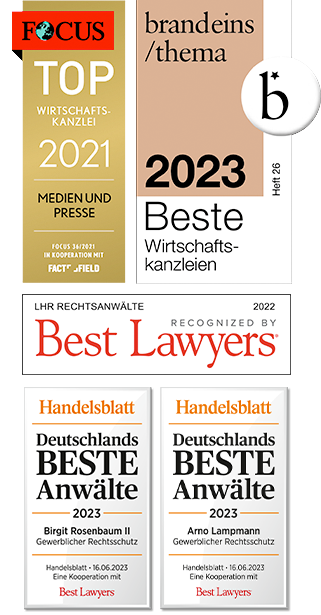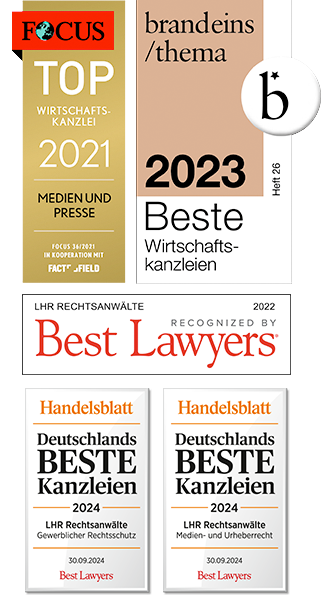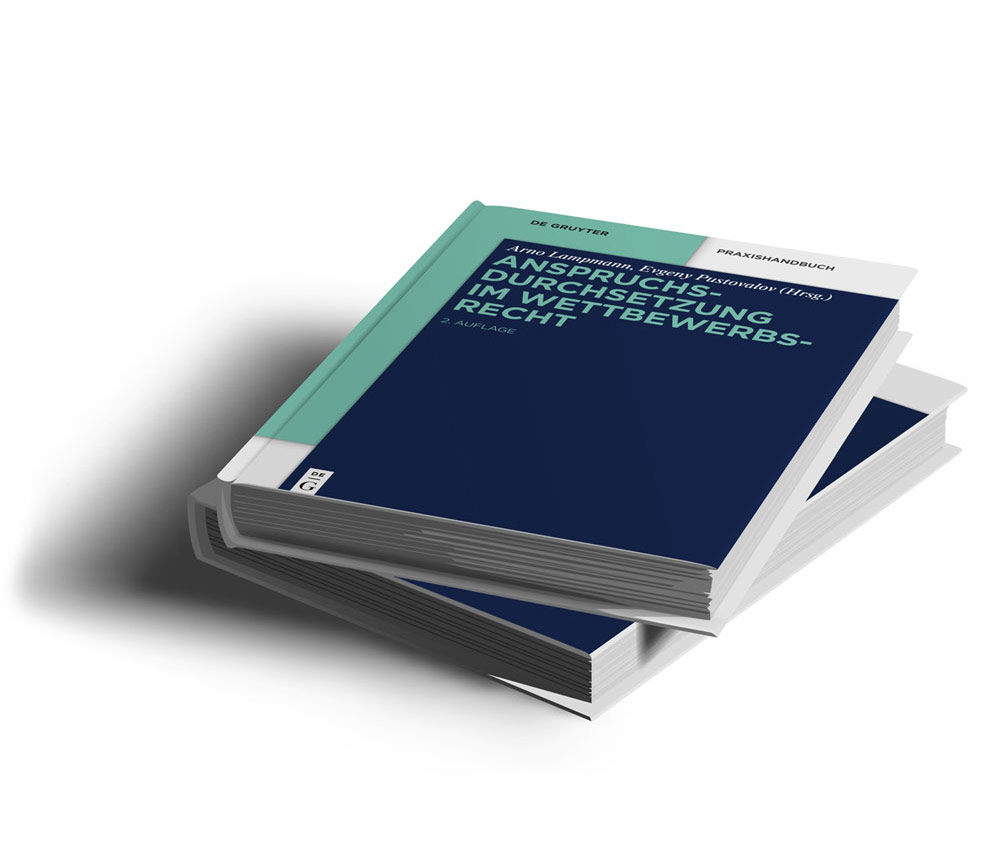Hamburg Regional Court issues temporary injunction against Twitter in favour of Somali journalists due to fake account

The Chamber thus prohibited Twitter from making a user account accessible that bore the name of a Somali journalists’ association without being authorised to do so (LG Hamburg, Beschluss v. 8.8.2018, Az. 315 O 227/18).
In the event of an infringement, those responsible are liable to a fine of up to € 250,000.00 or imprisonment.
The court has set a value in dispute of € 50,000.00. The decision is not final and can be challenged by way of an appeal. In addition, Twitter could force the applicant to bring an action on the merits.
Journalism is dangerous in Somalia
The case is particularly explosive as journalists in Somalia carry out their work in a very anti-press climate. Intimidation and threats are the order of the day there. The ‘Secretary General’ of the Somali Journalists’ Association even narrowly escaped an assassination attempt in 2015 and has only been able to move freely with personal protection ever since.
Somalia has been one of the most dangerous countries in the world for journalists for years. The Islamist Shabab militia only allows political and religious propaganda in its area of rule, has murdered dozens of media professionals and banned the use of the internet at the beginning of 2014. The situation in the capital Mogadishu is so dangerous that some journalists live in their editorial offices to avoid travelling unnecessarily. The government and authorities harass independent, critical media with police raids, arbitrary arrests and torture, confiscations and bureaucratic harassment.
Accordingly, the organisation ‘Reporters Without Borders’ assumes that Somalia must be assigned one of the very last places in the world in terms of compliance with the principles of press freedom, namely 167th out of 180.
Fraudsters collected donations and EU funds in the name of the applicant
The applicant had established that for some time numerous fake accounts had been maintained on Facebook, Twitter and elsewhere, some of which had been set up by unknown third parties with the apparent aim of obtaining donations or other benefits and other fraudulent activities, possibly initiated or supported by the Somali government, aimed at obstructing and discrediting the applicant’s work.
An internet report by the well-known journalists’ organisation “Ver.di – Deutsche Journalistinnen- und Journalisten-Union” shows that the defendants also approach well-known and prominent institutions in Germany “under a false flag” and maintain contact with them.
LHR also has documents proving that EU funding totalling 350,000 euros has already been successfully obtained in this way. Ironically, this was for the ‘improvement of journalism by strengthening the professionalism of Somali media’.
Democracy and the rule of law cannot be taken for granted
Against this backdrop, the current incidents in Germany seem comparatively harmless:
For example, when ‘hat citizens’ can achieve this through dubious, vociferous accusations, that journalists are detained for 45 minutes to establish their identity or to deal with Chemnitz, an entire city is in a state of emergency because a right-wing mob is abusing a terrible act of violence for its own purposes.
Conditions elsewhere should make us all take a closer look at what is happening in our own country. Democracy, the rule of law, freedom of opinion and Freedom of the press are not a matter of course. They must be constantly lived and defended.
Disclosure: Our law firm represented the applicant.











